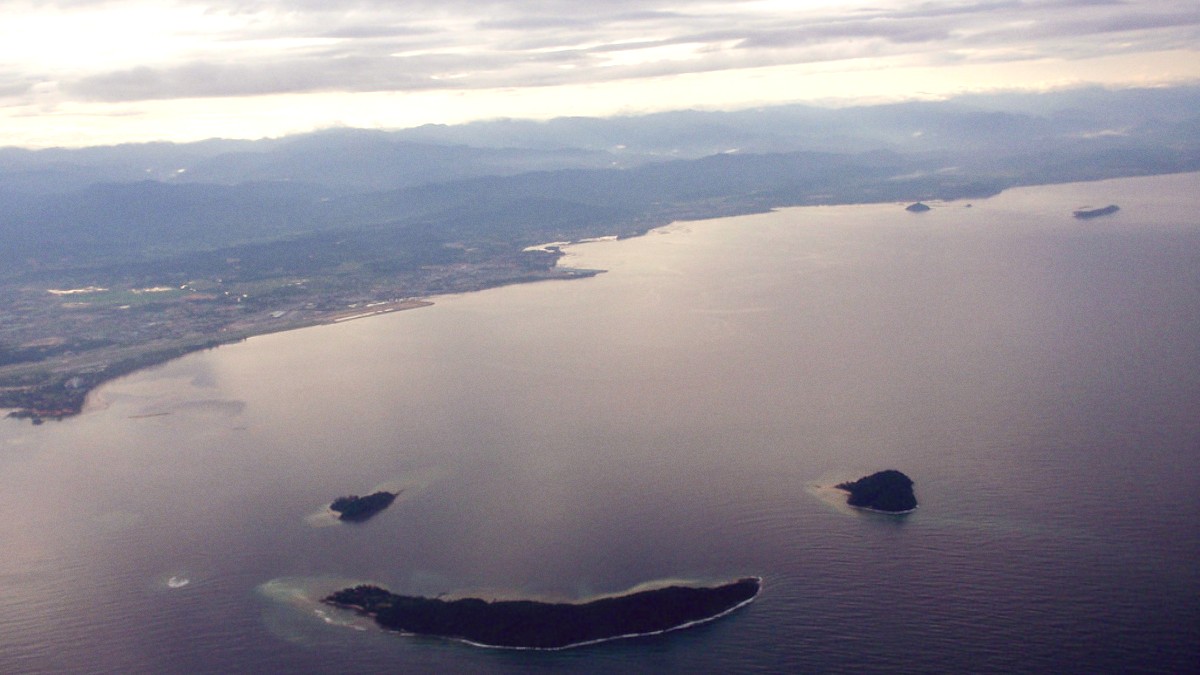
Malaysian Borneo Sabah, Malaysia
A UNESCO World Heritage Site, strictly protected for its biodiversity. Visitors keep to park rules, like staying on marked trails, avoiding littering, and not collecting plants or specimens.
This is a marine protected area. Visitors respect marine life, avoid touching corals, and do not leave trash, especially plastics, which harm ocean ecosystems.
Organizations like the Sabah Wildlife Department and various NGOs are involved in conservation efforts for orangutans, proboscis monkeys, and other endemic species. Support ethical wildlife viewing practices.
Efforts are underway, but waste management can be a challenge in some areas. Littering is an issue in some public spaces.
Lower your waste by refusing single-use plastics. Recycling bins are available in some major malls and hotels but are less common elsewhere.
Sabah, like other regions, faces water management challenges. Be aware of your water usage in hotels and guesthouses.
Consider choosing airlines that include carbon offset programs or contribute to local conservation projects. Terrapass provides carbon offset options.
Look for accommodations and tour operators promoting eco-tourism practices. Certifications (e.g., Green Globe) or involvement in local conservation efforts indicate commitment. Ecobnb for eco-friendly accommodation.
Supporting ethical wildlife viewing and reducing waste contribute to sustainability.
Interact respectfully with local communities.
Visit community-based tourism projects or cultural villages that directly benefit local communities. Mari Mari Cultural Village is an example. Verify ethical practices.
Be mindful of local customs, like removing shoes when entering homes or religious sites. Dress modestly, especially when visiting religious sites or traditional villages.
Respect people's privacy. Do not photograph individuals without their explicit consent. Avoid intrusive photography in religious or sensitive ceremonies. Be discreet and use common sense.
Always ask for permission when photographing individuals. Respect "No Photography" signs.
Dress modestly (shoulders and knees covered). Women use a head covering. Remove shoes before entering.
Maintain silence and respect during prayer times. Do not walk in front of people praying.
Make your travel economically beneficial for local communities.
Seek opportunities to support local communities directly through homestays, village tours, or purchasing local handicrafts from the artisans themselves.
Look for handicrafts sold directly by local artisans at markets, like the Handicraft Market. Patagonia for sustainable outdoor gear.
Dine at local hawker stalls and kopitiams for authentic flavors. Shop at local markets for produce. Use local tour guides and drivers. Their knowledge upgrades your experience.
If you wish to contribute, donate to reputable local charities or NGOs working on education, conservation, or community development.
Direct giving to individuals is less impactful. Research organizations for a lasting positive impact.